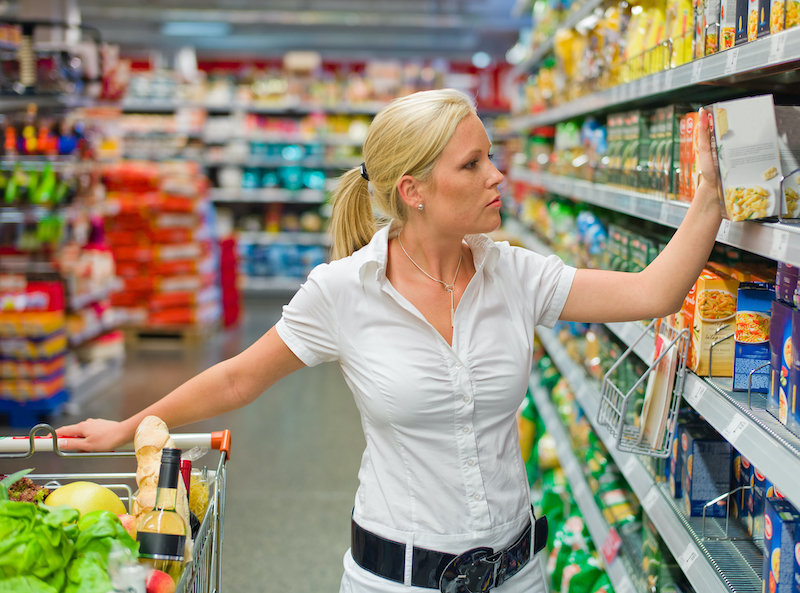Getting your food product to market requires participating in a channel through the manufacturer and to the consumer. The supply chain will require middlemen in most cases to get that food product prepared for consumption. This could include the steps for combining ingredients, baking, freezing, packaging, bottling, and more before it is shelved or served for consumers.
What are the Differences Between Distributors, Wholesalers and Retailers?
The distributor, wholesaler and retailer are the most common steps in the supply chain to get the product to the customer. The food product typically takes several steps to be prepared in a way that works well for preservation, display and sale. Even fresh fruits and vegetables are sent to a packaging house (distributor) and then passed to transporters to get them to the grocery store (retailer). In some cases, the produce may be sold directly from the wholesaler (farmer), but in other cases, another wholesaler will purchase the product from the grower and work through the distributor to get them onto retail displays.
Food Distributors Sell to Wholesalers
When a new food product is ready to take to market, the creator has to first get a manufacturer on board. The distributer has to get the food created in large quantities to be ready for selling. In most cases, the food creator is going to sell to a wholesale rep who can buy a lot of products, though in some cases the distributor will approach a retailer directly.
Food Wholesalers Sell to Retailers
Food wholesalers have to find creators, growers, or distributors with a finished product that they can source to fulfill their retailer’s needs. Food wholesalers convince the retailer to get the food products onto the shelves or into the menu for the customer. In most cases, the wholesaler buys large quantities of products from the distributor at a lower (wholesale) price to markup and sell to their retailer connections. Distributors have the motivation to sell larger quantities at cheaper prices since they do not have to scramble to find multiple retail buyers.
Food Retailers Sell to Consumers
Food retailers could include grocery stores, concessions stands, restaurants, organizations, and other groups that purchase food at wholesale prices to sell to consumers. There is a big difference in the business model and merchandising objectives of the retailer compared to the wholesaler. The wholesaler has to market the products in an appealing way for the retailer, while the retailer has to market the products in an appealing way for the individual consumers.
Getting Help from a Food Broker
There is a specific group of professionals that help do the busywork to form relationships between ingredient producers, distributors, wholesalers, and retailers. A food business consultant (or broker) can help reduce the costs of getting a food product to market by helping source ingredients, packaging companies, and buyers. If you think a food business broker could help you, contact us today for a free consultation
